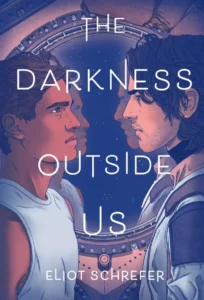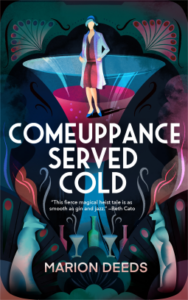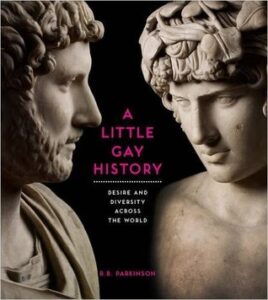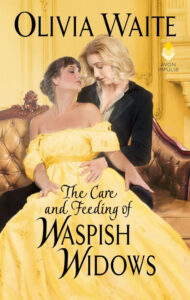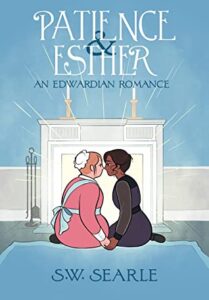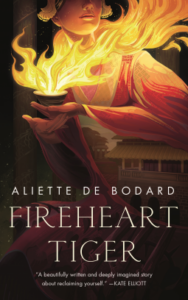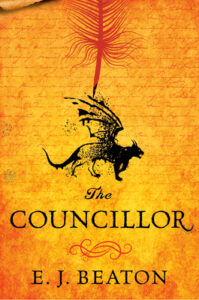 The Councillor, E.J. Beaton
The Councillor, E.J. Beaton
I really enjoyed this book. Reviews that mention it being slow aren’t wrong, but that was part of the appeal: it took a while for me to get into the world, to understand Lysande’s place in it and how to interpret everything that was happening, and once I did understand that, I was immersed. I’d regularly pick it up to read a couple of pages and emerge again half an hour later unaware that time had passed.
The characters are all flawed in their own ways, despicable in their own ways, like real humans. Lysande has her addiction and her ambition; Luca Fontaine is a cold-blooded snake; everyone in Axium is wedded to an “everything has a place” motto that means “the poor stay in their place”… and Sarelin Brey, the queen who is murdered (this isn’t a spoiler, it’s in the blurb), is the most flawed of all: a good warrior, a victorious leader with the gift of making people love her, and a poor queen for those who won’t stay in their place, or who happen to have been born with magic. I think the book does a great job of exploring that, of how you can be both flawed and great.
The relationships between Lysande and Derset, and Lysande and Luca, are pretty amazing — the power plays between them, done subtly, without explicit detail, but leaving it very clear what everyone wants.
I have one frustration, and that’s the fact there were two plot points that I grasped a long time before Lysande, despite her supposed intelligence. Partly that’s because she got blinkered by looking in the wrong place, which is very human, but it’s still a bit frustrating. They felt very obvious to me, and it felt a touch clumsy that she didn’t get it.
I wish there was more right now.

